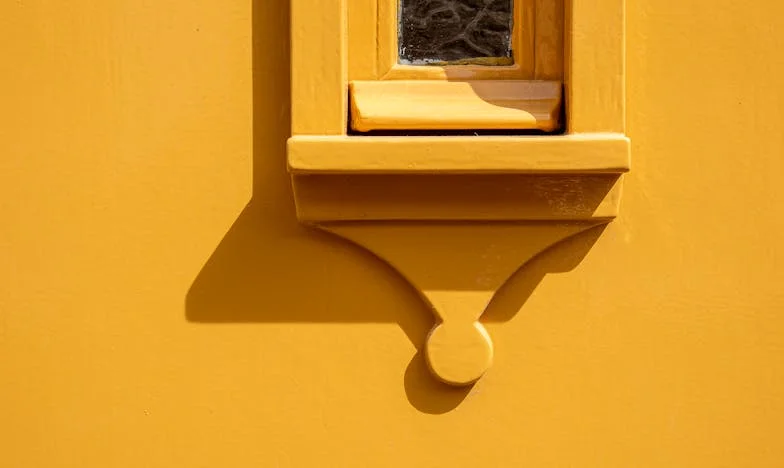When They Called My Mom ‘Grandma’: A Story About Shame, Acceptance, and Unspoken Love
“Kathy! Your grandma’s here!”
The words echoed down the school corridor, bouncing off the lockers and right into my chest. I felt the familiar flush creep up my cheeks as laughter erupted near the water fountain. There she was, my mom—her hair a crown of silver, her back slightly hunched from years of hard work, her kind eyes searching for me. I hated that look, because it meant she’d heard them too.
I grabbed my backpack, ignoring the stares. Madison and Ashley, the two popular girls, exchanged knowing glances. Madison smirked. “Hey, Kathy, is your grandma baking cookies for the bake sale again?”
I felt my fists clench. “That’s my mom,” I muttered, but my voice was barely a whisper. I pushed past them, fighting tears.
At home that night, I sat at the kitchen table picking at my dinner. My dad was away for work again; it was just me and Mom. The silence between us was heavy, only broken by the ticking clock and the clink of her fork. She looked tired, her hands trembling as she reached for her cup of tea.
“Kathy, how was school?”
“It was fine.”
She smiled, a little sad. “I can pick you up later, if you want. Or you can walk.”
I felt a wave of guilt, but the shame won out. “I’m old enough to walk. You don’t need to come.”
She nodded, looking down. “Alright, sweetheart.”
When I got to my room, I threw myself on the bed, staring at the ceiling. Why couldn’t my mom be like the others? Young, pretty, full of energy. It wasn’t fair. I remembered in third grade, when we made Mother’s Day cards, and Mrs. Carter asked each of us to describe our moms. I wrote: “My mom is kind and bakes the best apple pie,” but I wanted to write, “My mom looks like the other moms.”
The next day at lunch, Ashley showed off a selfie with her mom, both of them in matching yoga outfits. “My mom’s coming to the soccer game Saturday. Is yours coming, Kathy?” She said it loud enough for everyone to hear.
I shook my head, lying. “She’s busy.”
But Saturday came, and my mom showed up anyway, her hair carefully brushed, wearing a bright pink sweater that clashed with her gray hair. She waved at me from the bleachers. I pretended not to see her, focusing on the game. After we lost, my coach called me over. “You played hard, Kathy. Your mom’s waiting for you.”
I trudged over, dreading the walk home. She handed me a water bottle. “You did great out there.”
I snapped, “You didn’t have to come.”
Her face fell. “I wanted to see you play.”
I turned away, walking faster. She struggled to keep up. The guilt was a stone in my stomach, but I couldn’t stop being angry.
That night, I heard her crying in the bathroom. I pressed my ear to the door, heart thudding. I heard her whisper, “I’m trying, David. I wish she wasn’t so ashamed of me.”
My dad called that Sunday. “Kathy, be good to your mom, okay?”
I rolled my eyes. “She embarrasses me.”
He sighed. “She’s doing her best. You know, she had you late, after a long time of thinking she never could. She loves you more than anything.”
I hung up, angry and confused.
The next week, we had a family tree project. I dreaded it. Madison brought in glossy photos of her mom at prom, her parents at their wedding—everyone looked like movie stars. I only had old, faded pictures. I hesitated before presenting. “This is my mom… she’s older than most moms. But she’s really good at making apple pie,” I finished, voice small.
That night, I found a box of letters in my mom’s closet. Letters from doctors, old birthday cards, and a faded sonogram picture. One letter caught my eye: “We regret to inform you…” I pieced it together: my mom had struggled for years to have a child. She was nearly 44 when I was born. I suddenly saw her with new eyes—what she’d been through, how much she must have wanted me.
I brought it up at dinner. “Mom, why did you wait so long to have me?”
She looked startled, then sad. “I didn’t want to wait. It just… happened that way. I was told I couldn’t have kids. But then you came. My miracle.”
I felt tears sting my eyes. “I’m sorry, Mom. For being embarrassed.”
She reached out, her wrinkled hand covering mine. “It’s okay, sweetheart. I know it’s hard. But I wouldn’t trade you for anything.”
The next day at school, I held my head a little higher. When Madison made another grandma joke, I just said, “She’s my mom, and she’s awesome.”
It wasn’t perfect. Some days, the whispers still hurt. But something changed in me—a quiet pride. I stopped wishing for a different mom. I started wishing I’d loved her better, sooner.
Now, years later, I look back at those moments and sometimes wonder: Why do we let other people’s opinions shape how we love our family? If you’ve ever felt ashamed of someone you love, what would you do differently if you had the chance?
